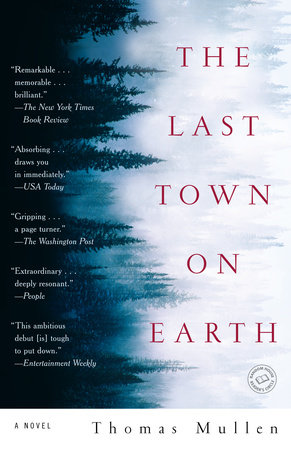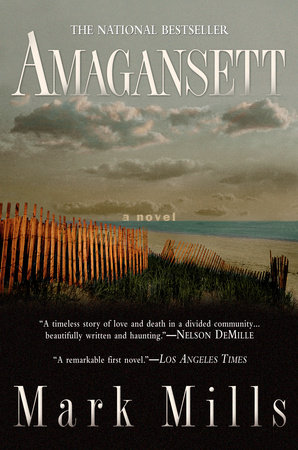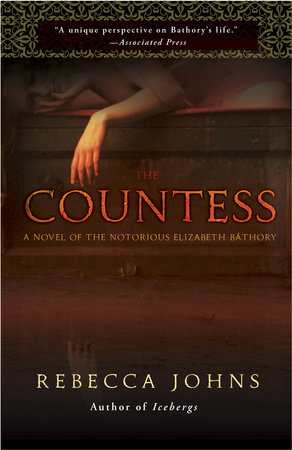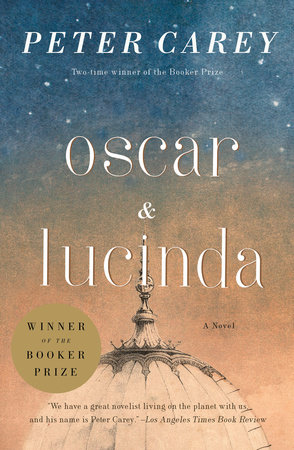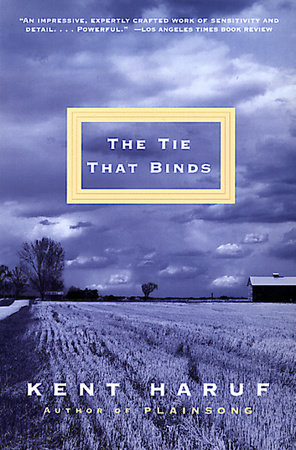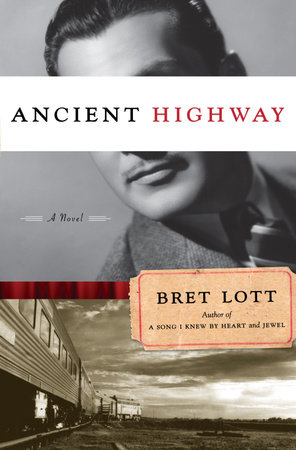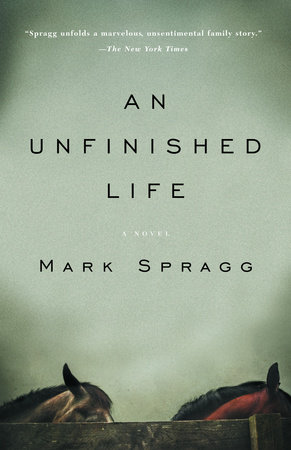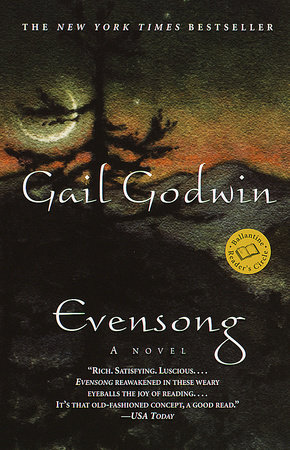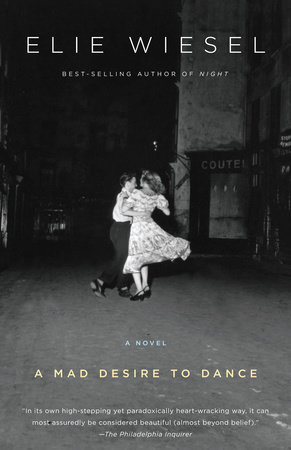A Conversation with Thomas Mullen
Readers Circle: What inspired you to write this book?
Thomas Mullen: Many things, but the short answer would be that, years ago, I read a magazine article about an AIDS virologist who had once studied the 1918 flu virus. I had never heard of the 1918 flu, nor had most people I spoke to about it, and I was stunned at the sheer number of people who died in the pandemic (for example: far more Americans died of the flu than died during World War I, which happened concurrently). The article mentioned parenthetically that the flu had been so lethal and terrifying that some towns had attempted to stay healthy by closing the roads into town and preventing any outsiders from entering. I immediately visualized a scene in which two bored guards are confronted by a cold, hungry outsider begging from food and shelter. The moral dilemma fascinated me: would they act out of charity and compassion to aid the man, or would they put their own lives and those of their families above the stranger’s life, forcing him to die in the woods? And what would happen if the two guards made different decisions when faced with this dilemma – how would each of their decisions affect their friendship and, more importantly, the society they lived in?
RC: Were you deliberately drawing comparisons between the 1918 bird flu and recent avian flu outbreaks?
TM: This may sound unbelievable today, when newspaper articles about bird flu and the 1918 pandemic appear daily, but back when I conceived of the story and wrote The Last Town on Earth, bird flu was barely on the radar screen, and the 1918 flu seemed to have vanished from collective memory. I had trouble finding much information on the pandemic; one of the only histories of the event I could find, in fact, was titled America’s Forgotten Pandemic. (John Barry’s The Great Influenza would not be published until 2004, by which time I was nearly finished with my first draft.) The 1918 flu was an obscure enough subject that, in the extremely rare event that a contemporary newspaper article mentioned it, all of my friends and family would email the story to me, adding little notes like “Wow, the 1918 flu!” It was that much of a big deal to see any reference to it whatsoever. This horrific and worldwide event, strangely enough, had been swept under the carpets of history.
When I was writing the novel, I was aware that some scientists felt that we were overdue for another epidemic, but I hadn’t heard much about the bird flu and wasn’t sure there was a connection. The novel was not conceived as some sort of prediction of the future or even an attempt to draw parallels between the 1918 epidemic and contemporary times. The book for me became a way of analyzing human nature, of trying to determine who we are, how we act the way we do, how much are we guided by moral principals and how readily we jettison these principals when we feel threatened. I do think human nature tends to remain rather constant, and for that reason readers hopefully can extrapolate many of the characters’ dilemmas and decisions into a variety of situations, both past and present.
RC: Why do you think there is so little material on the 1918 pandemic?
TM: This question fascinated me, and became a big part of why I was driven to write the book. No author wants to write something that’s already been done, and as I read about the flu and saw not only how profound an event it was but also how few people seemed to know about it, I felt a calling to remedy this. History texts rarely mention the flu; perhaps this is because it had taken place during World War I, and the textbooks could only handle one major event at a time. Perhaps it was considered more interesting to study war and other geopolitical events in which you can analyze and debate the motive and reasoning of the primary actors or the society as a whole, whereas something like an epidemic was considered coldly scientific, even arbitrary, as the disease attacked everyone regardless of nationality or creed.
I was further intrigued by the fact that, although the 1918 flu took place during the formative years of such literary giants as Hemingway, Steinbeck, Faulkner, Fitzgerald, and Dos Passos, none of them had written about it. Many writers of that golden age found war a weighty topic to expound upon, allowing exploration of such themes as manhood, patriotism, and courage. (Indeed, many proponents of America’s entry to war — the so-called Preparedness Movement — had argued that war would provide chivalric meaning to the younger generation, which was believed to be cast adrift in an amoral society of wanton materialism and inhuman industrialization.) But a senseless illness that killed so many, without discrimination, did not appeal to these writers the same way. Perhaps it was too reminiscent — albeit in much greater form — of past typhoid or yellow fever or cholera outbreaks, a reminder of pre-modern times that was best ignored by young writers hoping to forge a bold new artistic path. Perhaps people had so internalized the incessant propaganda of World War I — to be strong and patriotic and never admit fear — and as a result it would have been unseemly to write about the lives lost to the flu, to stare in the face of such issues as failure and helplessness, to recount such undignified deaths.
Or perhaps the flu was a bitter memory they just wanted to forget. A number of readers have approached me after reading The Last Town on Earth and told me that its subject reminded them of a great-aunt or a great-grandfather who lost a spouse or parents or children to the epidemic. I have been struck by the fact that their stories always end with some variation of the line: “But she never talked about it.” There seemed to be a wall of silence surrounding survivors’ memories of the 1918 flu, which, after the passing of many generations, was quickly leading to the very erasure of those memories. I can only imagine that this is due to the unimaginable horror of the time, the mind’s inability to fully grasp what it had experienced and what it had lost. In our current age of psychoanalysis, talk shows, and tell-all memoirs, it is often argued that the best way to recover from traumatic events and difficult pasts is to dredge up those memories, to “come to terms” with the fact of those wounds and their effect on our present selves — only then, the theory goes, can we achieve “closure” and become a healthier person. But the mindset in the 1910’s was very different indeed, and perhaps survivors felt that the only way they could possibly recover from such an event was if they built a wall around those memories and tried, ever so slowly, to walk away from them.
One of the reasons I wrote The Last Town on Earth, then, was that it felt needed, that it not only would fill a gap in the literary canon but also, hopefully, would help retrieve some of the memories that were fading, would provide a new echo for stories that had not been voiced in many years.
RC: Why did you make Commonwealth a progressive, workers’ community rather than a regular town?
TM: Two reasons, one practical and one thematic.
I needed to create a town that could realistically close itself off from the "outside world," so it couldn’t be a town that closely bordered any neighboring communities. It couldn’t have daily mail delivery, or a train depot, or a well-tended road leading to the next hamlet. The more I sketched the novel out in my head, the more the town started to seem like a hidden-away retreat. Because 1918 was an age rich with communes, collectives and other progressively conceived enclaves, it seemed a natural choice; the state of Washington was particularly hospitable to such experimental towns, having not only a rich history in progressive and radical politics but also the impenetrable forests in which attempted utopias could hide.
Because such towns were typically founded in response to what was perceived as the modern world’s coarse and materialistic treatment of mankind, I thought these ideas meshed well with the central dilemma of the novel: what do we owe to our fellow man, and to what degree is it morally acceptable for us to allow selfishness to dictate our decisions? To what degree do self-defense and self-interest allow us to bend moral principles? Workers’ communities like Commonwealth – coming in response to the harsh labor practices of nearby mill owners and the often-violent collaboration between business interests, police, and politicians – were created because their founders believed they could create a better society based on fair play and shared goals. Rather than making Commonwealth a full-blown socialist or communist haven, I thought it would be more interesting – and would challenge more assumptions behind the usual critiques of capitalism and democracy – to make it a socialist/capitalist hybrid. The workers are given homes and equal votes in town decisions, yes, but the mill survives only by selling its product to outsiders, including the U.S. Army, which greatly relied on the lumber mills of the Pacific Northwest for building fighter planes and the army cantonments that were hurriedly constructed in 1917 and 1918.
RC: Did writing this book change your perspective on disease? On social organization? On America’s overall safety and security?
TM: Many people have assumed that because I wrote this book, I must be obsessed with disease, or I must be a hypochondriac, or both. I’m happy to report that neither is the case. But I am fascinated in societies, in the conflict between individuals and larger society, in the tensions that are created when what is best for one is not best for the other. How do we choose? What happens to us if we choose to do something that we feel is best for our personal interest but not for the common good? Or the opposite? How do we rationalize such decisions? How do we, and the rest of society, treat people who are placed in these predicaments? Every society — and therefore country — wrestles with these issues, especially when it feels threatened. As for how it changed my own perspective, I think that writers need to put themselves in all of their characters’ heads in order to best understand them. As a result, when you write about characters whose personal philosophies are different from your own, or characters who make different decisions than you would, you force yourself to figure out how or why a person would act that way, which, hopefully, gives you a fuller understanding of people and our thought processes.
RC: Do you ever wonder what you would have done? Pull the trigger like Graham, or try and find another solution like Philip?
TM: Part of why I chose to write the book is because I honestly don’t know the answer to that question. If you seek to write a book addressing a troubling issue about which you already have rock-solid, unbreakable opinions, your book will probably come off as didactic and preachy. I hope that one of the strengths of the book is that I sought to portray, with great sympathy, the perspective of characters who disagree strongly about how this situation should be handled. If I had thought one character was fully right and the other fully wrong, the result would have been slanted and unfair — and uninteresting to read.
I would hazard that most people would like to think they would act like Philip, but, the fact is, no one truly knows how they would act in such an extreme situation until it happens to them. The way in which society as a whole reacted to the 1918 flu — and the way it has reacted to other threats, be they medical or military — shows that human nature does not always fit into the ideological belief systems or moral codes that we would like it to.
RC: What is your writing process like? Are there any routines you follow?
TM: When I wrote The Last Town on Earth I wrote mostly on the weekends, starting in the morning and trying to go until dinner, though my productivity tended to dip in the midafternoon. I usually start each day by rereading what I’d written the previous day, both as a way of reminding myself where I was and what I was doing, and as a way of editing the previous day’s work, therefore feeling a sense of accomplishment right away without the pressure of staring at a blank screen. This way I can build some momentum and keep going from there, adding to what I’d done.
